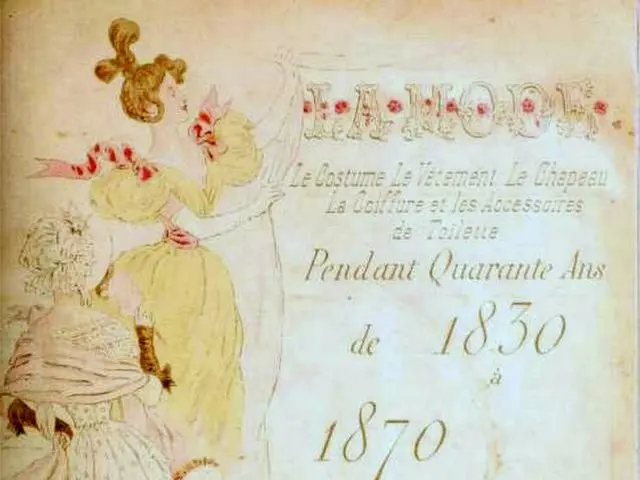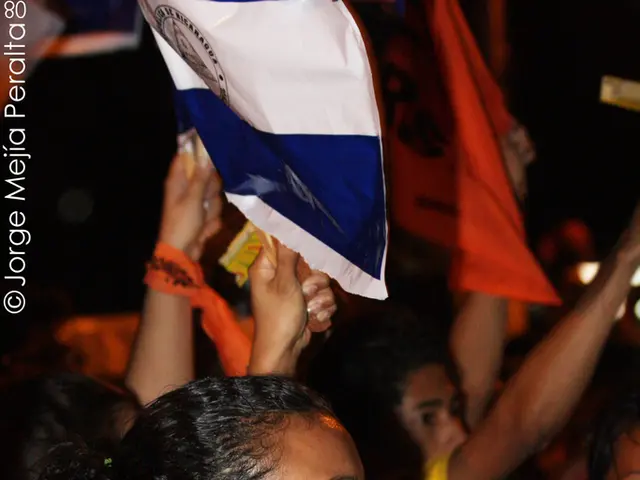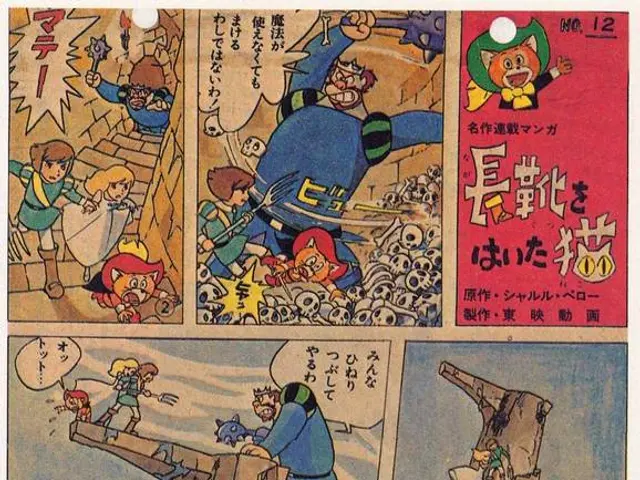Violating 'virtual idols' with insults is considered a crime, according to a ruling by a South Korean court
In a groundbreaking decision, the Goyang branch of the Uijeongbu District Court in Gyeonggi Province has ruled in favour of the virtual idol group, Hatsune Miku, in a case involving online defamation. This case is significant as it is one of the first related to the rights of celebrities using digitally created images, often referred to as avatars.
The defendant, who posted profanity against the group and the people playing the characters in the group, was ordered to pay compensation of 6.5 million won ($4,700) per person to the group members. The court viewed an avatar in the metaverse as more than a virtual image, but as a means of expression, identity, and communication.
The court ruling stated that an insult against one's digital avatar should be considered libelous against the actual person. This decision indicates that online insults directed at virtual avatars can be considered as libel against the real people behind them.
The group, whose actual face and personal information are not made public, accused the defendant of harming their reputation through insult. The court also stated that the specification of the victim can be accomplished if the people who know about the victim are made aware who the insults are targeting.
The group members, represented by digital images whose movements and expressions are tracked through motion capture technology, argued that the amount of compensation set by the court was too low. However, the court did not order the defendant to pay the full amount sought by the plaintiffs, setting the compensation at 100,000 won per person.
The group has appealed the case, citing the ruling as significant in setting a legal precedent for cases against avatars. The ruling is expected to have a far-reaching impact on the protection of the rights of virtual celebrities and their handlers in South Korea.
A virtual idol is a form of musical act that has been growing in popularity in South Korea. The actual face and personal information of the people controlling the avatars are usually not revealed to the public, forming independent identities. This case underscores the importance of respecting these digital personas, often referred to as avatars, and the people behind them.
Read also:
- Today's most impactful photographic moments
- Support for Eric Adams in The Post's Letters to the Editor on August 13, 2025
- Roosting Shark and Rambunctious Red Squirrels: Unconventional House Rental in Yorkshire Involving Aquatic Marvel, Squirrely Mayhem, and Mystical Planning Regulations
- Legal Dispute Dismissed with Humor: Supreme Court Laughs off Another Civil Matter Mislabeled as Criminal Prosecution








